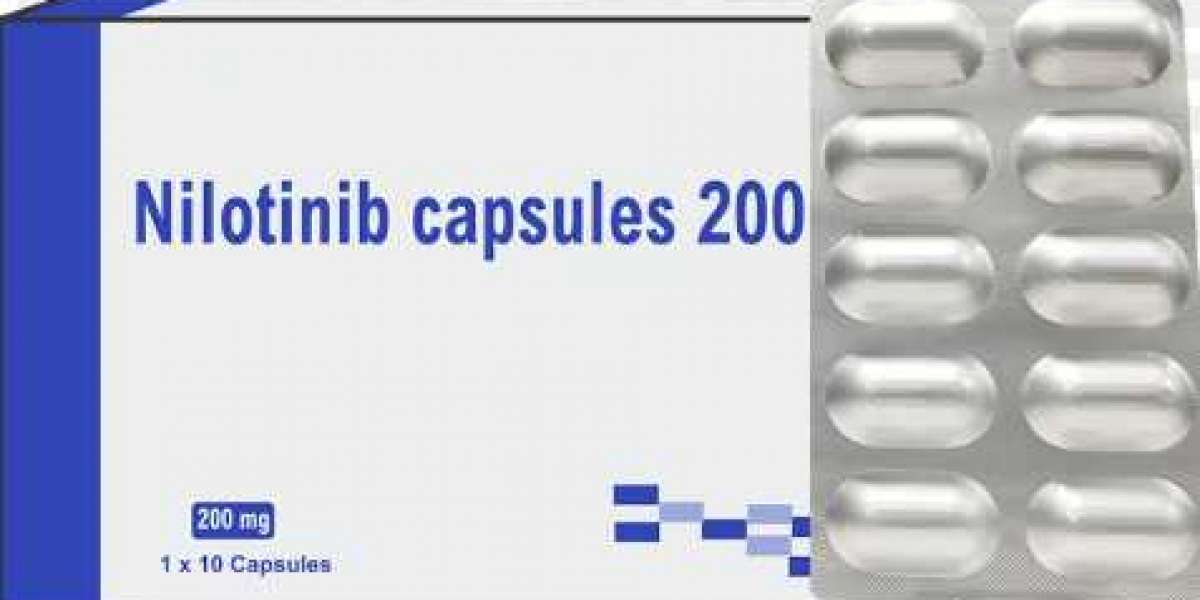Diabetic neuropathy is a common complication of diabetes that causes nerve damage, often resulting in pain, tingling, or numbness, primarily in the hands and feet. While conventional treatments, such as medications, can help manage the condition, various approaches may also provide relief. Here are some of the best treatments for diabetic neuropathy pain:
Pain O Soma 350mg is your best solution for relieving discomfort and restoring mobility. Building upon the success of the Pain O Soma tablet, this medication offers targeted relief for a range of painful conditions, including muscle spasms, rigidity, and neuropathic pain.
Pain O Soma 500mg revolves around its primary active ingredient, Carisoprodol. This potent muscle relaxant exerts its influence on the central nervous system (CNS), inducing a cascade of effects that culminate in musculoskeletal tranquility.
1. Maintaining Stable Blood Sugar Levels
Keeping blood sugar levels within the target range is essential to prevent further nerve damage. This can be achieved through a balanced diet, regular physical activity, and proper medication management.
2. Medications for Pain Relief
Several medications are commonly prescribed to alleviate neuropathic pain:
Antidepressants: Certain tricyclic antidepressants and serotonin-norepinephrine reuptake inhibitors (SNRIs) can help relieve nerve pain.
Anticonvulsants: Medications such as gabapentin and pregabalin are often used to manage nerve pain.
Pain Relievers: Over-the-counter or prescription pain relievers, including NSAIDs and acetaminophen, may be beneficial for mild cases.
3. Herbal and Natural Remedies
Certain herbs and natural compounds have shown potential in relieving neuropathic pain:
Alpha-lipoic acid: An antioxidant that may reduce pain and improve nerve function.
Turmeric: Contains curcumin, which has anti-inflammatory properties.
Cayenne pepper: Contains capsaicin, which can help reduce pain sensations.
Evening primrose oil: Contains gamma-linolenic acid, which may help reduce nerve pain.
4. Essential Oils
Massaging affected areas with essential oils can provide relief. Some beneficial essential oils include:
Lavender oil: Known for its soothing and pain-relieving properties.
Peppermint oil: Contains menthol, which provides a cooling effect and reduces pain.
Frankincense oil: May help reduce inflammation and promote nerve healing.
5. Acupuncture
Acupuncture has been found to improve circulation and stimulate nerve repair, potentially reducing diabetic neuropathy pain. Regular sessions with a certified practitioner may provide long-term benefits.
6. Dietary Changes
A healthy diet rich in anti-inflammatory foods can support nerve health. Consider incorporating:
Leafy greens (spinach, kale)
Nuts and seeds (almonds, walnuts, flaxseeds)
Fatty fish (salmon, sardines)
Whole grains and fiber-rich foods
7. Regular Exercise
Engaging in regular physical activity improves blood flow and nerve function. Low-impact exercises such as walking, swimming, and yoga can be particularly beneficial.
8. Vitamin and Mineral Supplements
Certain vitamins and minerals are essential for nerve health:
Vitamin B12: Helps prevent nerve damage.
Vitamin D: Supports nerve function and reduces pain.
Magnesium: Helps relax muscles and ease nerve pain.
9. Mind-Body Therapies
Stress can worsen neuropathic pain. Techniques such as meditation, deep breathing, and progressive muscle relaxation can help manage stress and reduce discomfort.
10. Capsaicin Cream
Capsaicin, derived from chili peppers, can be applied topically to numb pain receptors and provide relief.
11. Warm Baths and Epsom Salt Soaks
Soaking feet in warm water with Epsom salt can improve circulation and reduce pain and discomfort.
Conclusion
While a variety of treatments are available to alleviate diabetic neuropathy pain, it is essential to consult a healthcare provider before making any changes to your treatment plan. A combination of medications, lifestyle modifications, dietary adjustments, and alternative therapies can significantly enhance the quality of life for individuals suffering from diabetic neuropathy.







